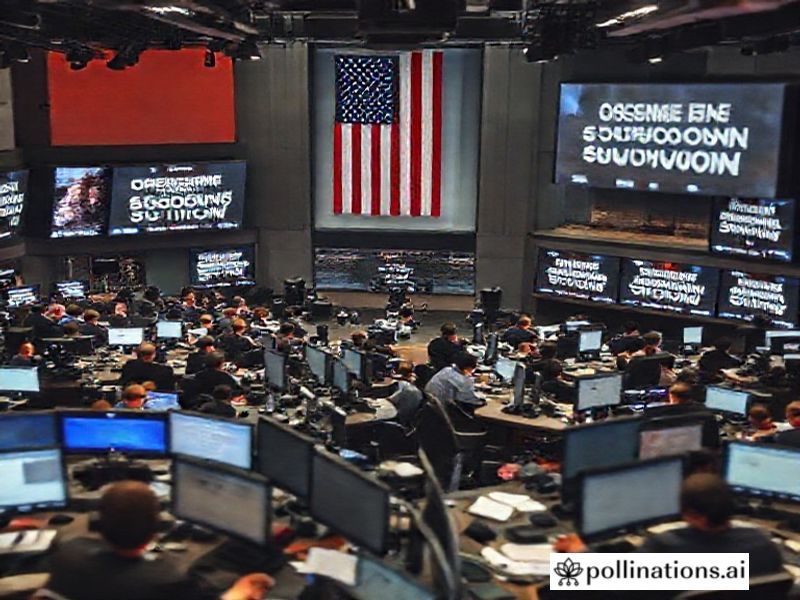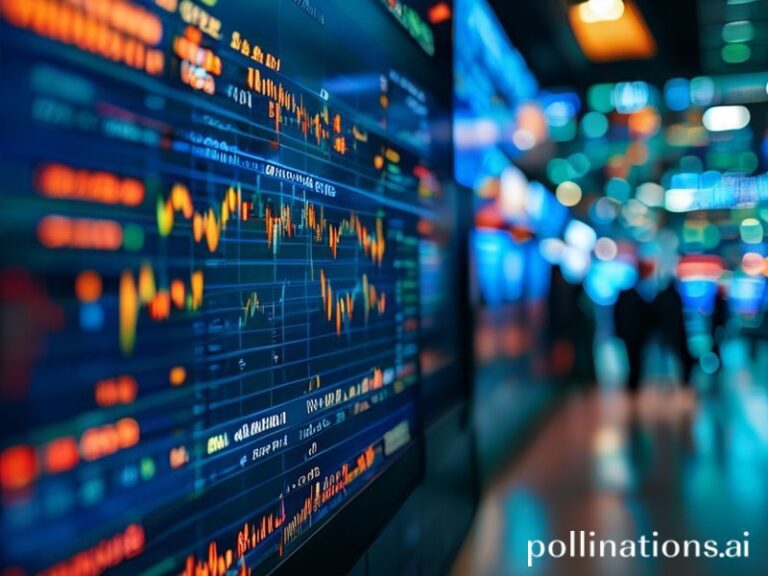Government Shutdowns: When Politics Hits the Snooze Button
### **Government Shutdowns: When Uncle Sam Hits the Snooze Button**
Ah, the government shutdown—a political version of a dramatic Netflix series where the stakes are high, the tension is palpable, and everyone’s just waiting for someone to finally press “resume.” But why is this particular political plotline trending globally? Let’s dive in.
#### **Why Is Everyone Talking About Government Shutdowns?**
Government shutdowns are trending globally for a few reasons. First, they’re a spectacle. Imagine a high-stakes game of chicken where the players are entire nations, and the prize is… well, not shutting down the government. It’s like watching a slow-motion car crash, but with more paperwork and fewer explosions (unless you count the metaphorical ones).
Second, shutdowns have real-world consequences that ripple beyond borders. When the U.S. government shuts down, for example, it affects everything from international trade to global markets. It’s like when your Wi-Fi goes out—suddenly, everything grinds to a halt, and no one knows how to fix it.
#### **Cultural Context: The Drama of Democracy**
Government shutdowns are a quintessentially democratic problem. They’re a byproduct of a system where different branches of government have to agree on things, and sometimes, they just… don’t. It’s like a group project where one person refuses to do their part, and suddenly, everyone’s grades are at risk.
In the U.S., shutdowns often happen when Congress can’t agree on a budget. It’s a high-stakes game of political poker, where lawmakers bet on their ability to outlast each other. The result? Non-essential government services grind to a halt, federal employees get furloughed, and the rest of us are left wondering why adults can’t just agree on things.
#### **Social Impact: Beyond the Headlines**
Government shutdowns aren’t just political theater; they have real social impacts. When the government shuts down, federal employees go without pay, national parks close, and critical services like food inspections and passport processing get delayed. It’s like when your favorite app goes down—annoying at first, but then you realize you can’t live without it.
For example, during the 2018-2019 U.S. government shutdown, over 800,000 federal employees were furloughed or forced to work without pay. That’s a lot of people suddenly scrambling to pay rent, buy groceries, or figure out how to explain to their landlord that, yes, the government really did forget to pay them.
#### **Why Should You Care?**
You might be thinking, “Why should I care about a government shutdown? It’s not like I work for the government.” Well, here’s the thing: government shutdowns affect everyone, even if you don’t realize it. They disrupt travel, delay critical services, and create economic uncertainty. Plus, they’re a reminder that democracy is messy, and sometimes, the people in charge act like they’re in a never-ending episode of “The Office.”
#### **The Bottom Line**
Government shutdowns are trending globally because they’re a high-stakes, real-world drama that affects us all. They’re a reminder that politics isn’t just about lofty ideals—it’s about the nitty-gritty details of how governments function (or don’t function). So the next time you hear about a government shutdown, remember: it’s not just a headline. It’s a glimpse into the chaotic, unpredictable world of democracy in action.
—







